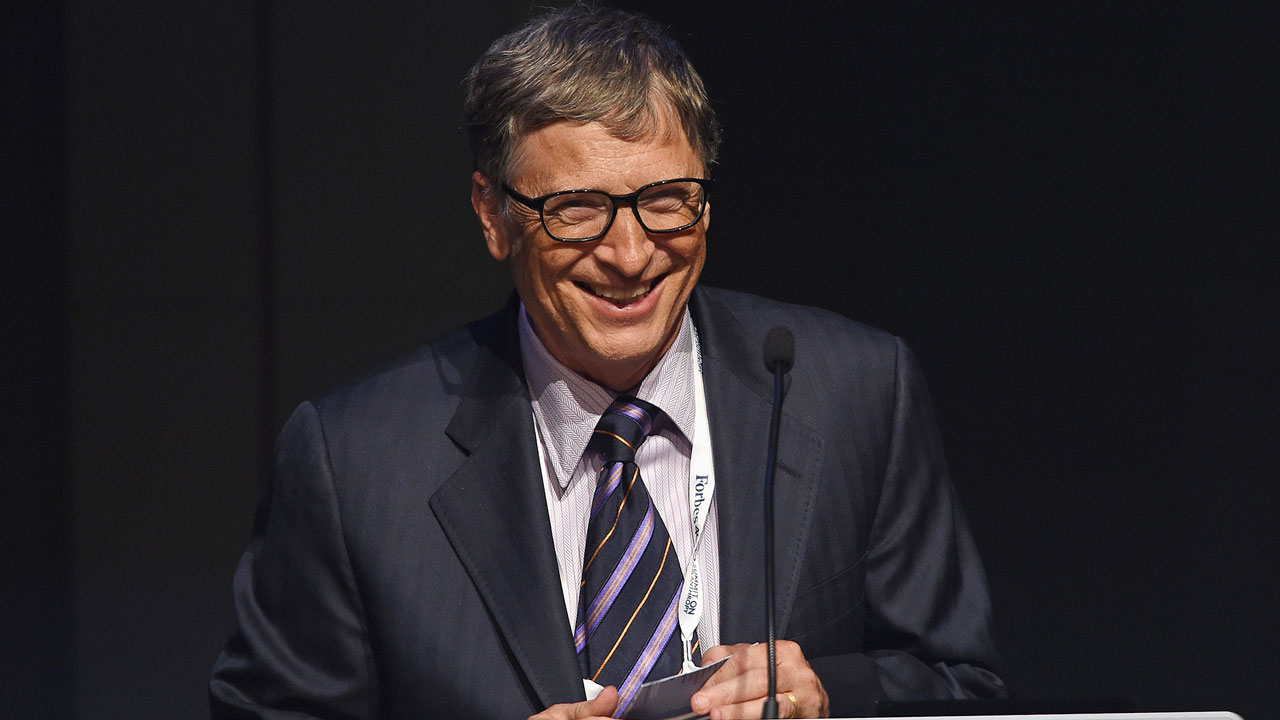
• Bill & Melinda Gates Foundation spent N44b on health in 2016
The progress made by Nigeria and other countries in reducing extreme poverty and disease in recent decades is in jeopardy, according to an inaugural annual report by the Bill & Melinda Gates Foundation.
The report titled: “Goalkeepers: The Stories Behind the Data,” being launched today highlighted past progress against some of the most devastating issues facing poor countries and used breakthrough data projections to forecast good and bad future scenarios, with millions of lives hanging in the balance.
The report co-authored and edited by Bill and Melinda Gates and produced in partnership with the Institute for Health Metrics and Evaluation (IHME) at the University of Washington, tracked 18 data points from the United Nations Sustainable Goals (SDGs), or Global Goals, including child and maternal deaths, stunting, access to contraceptives, Human Immuno-deficiency Virus (HIV), malaria, extreme poverty, financial inclusion and sanitation. It also looks beneath the numbers to pinpoint the leaders, approaches and innovations that made a difference.
The report expressed concern that shifting priorities, instability and potential budget cuts could lead the world to turn away from its commitments, jeopardizing the positive trajectory needed to end extreme poverty and wipe out diseases by 2030.
Gates in an exclusive interview with The Guardian ahead of the launch of the Goalkeepers report said the Foundation spent $110 million (N44 billion) in 2016 on Nigeria’s polio eradication efforts, maternal and child health, family planning, vaccine delivery and integrated care.
He warned that 10 per cent cut in funding for Human Immuno-deficiency Virus (HIV) treatment could cost lives of 16.6 million people even as they recommended voluntary medical male circumcision, pre-exposure prophylaxis as most effective prevention methods currently available.
“We have investments in many states. Our focused delivery programmes are concentrated in Kaduna and Kano. We also have significant investments / engagement in Niger, Lagos, Borno, Yobe, Sokoto, and Bauchi states.
“We work across four key bodies of work at the federal level on health management information systems, health financing, institution strengthening, and supply chain.’’
Gates also blamed Boko Haram for Nigeria’s setback in polio eradication efforts and northern Nigeria for the country poor indices for health.
He said: “Well, I think everybody is disappointed that after a period of almost two years where we did not have any cases, that then in August 2016 a few cases showed up. And unfortunately, that is because of children who were in what we call inaccessible areas, the areas that Boko Haram had gone into….
“So what hopefully the voters and the media in Nigeria will see is that relative to its level of economic progress, the health progress, particularly in the North, has fallen far behind where it should be. And you have countries that are quite a bit poorer like Rwanda or Tanzania or Ethiopia who have done a much better job of making sure the primary healthcare, that the people are doing the right thing, the right systems are in place, the money is allocated.
“And so there is an opportunity literally to save hundreds of thousands of lives if we can get — you know, say you have just got the primary healthcare in the North to be as good as it is, say, in Tanzania that would be a very dramatic improvement…”
Meanwhile, the projections of the Goalkeepers report are showcased in charts and explore three potential 2030 scenarios for each indicator. The first is what could happen if the world continues along the current path, based on past trends – without significant changes to approaches or current spending levels.



